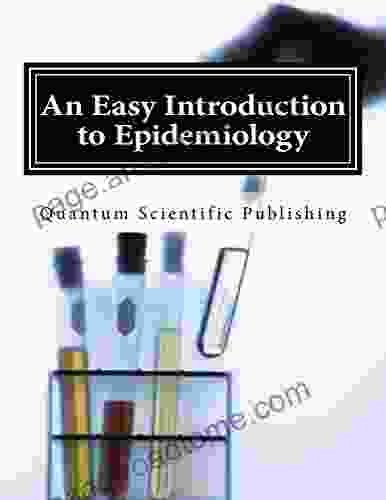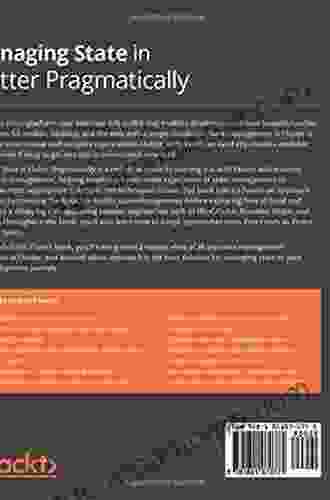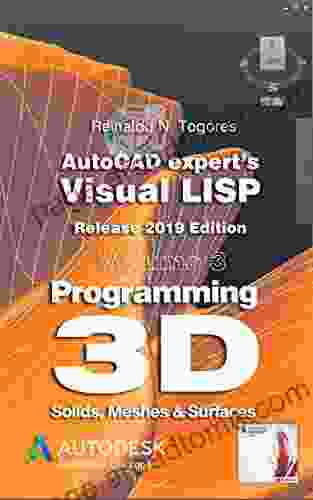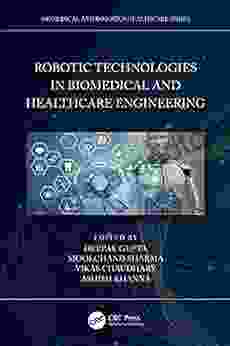Unlocking the World of Epidemiology: A Comprehensive Guide for Beginners

Welcome to the intriguing world of epidemiology, a science dedicated to understanding the distribution, patterns, and determinants of health-related events and conditions in populations. It's a captivating field that equips us with the knowledge and tools to prevent and control diseases, improve public health, and promote well-being.
Understanding the Basics: What is Epidemiology?
Imagine a public health detective who delves into the mysteries of disease outbreaks and health trends. That's precisely what epidemiologists do! They analyze health data, investigate patterns, and identify factors that influence health outcomes, both at the individual and population levels. Epidemiology is a multidisciplinary science that draws upon a diverse range of disciplines including statistics, biology, medicine, and social sciences.
4 out of 5
| Language | : | English |
| File size | : | 11913 KB |
| Print length | : | 224 pages |
| Lending | : | Enabled |
The Power of Observational Studies
Epidemiologists primarily rely on observational studies to gather data and draw inferences about health conditions. These studies involve observing a group of individuals over time, collecting information about their health status, exposures, and other relevant characteristics. By carefully analyzing these data, epidemiologists can identify associations between exposures and outcomes, suggesting potential risk factors or protective effects.
Essential Concepts in Epidemiology
To navigate the world of epidemiology, let's explore some key concepts:
* Prevalence: The proportion of individuals in a population who have a particular health condition at a specific point in time. * Incidence: The number of new cases of a health condition that occur in a population over a specified period. * Mortality: The number of deaths due to a specific cause or all causes combined in a population over a period. * Association: A relationship between two or more variables that suggests a potential causal effect. * Confounding: A factor that influences the relationship between an exposure and an outcome, potentially leading to biased results.
Applications of Epidemiology: Empowering Public Health
Epidemiology plays an indispensable role in various public health initiatives:
* Disease Surveillance: Monitoring health events and trends to detect and respond to outbreaks or emerging threats. * Outbreak Investigation: Identifying the source and mode of transmission of outbreaks, enabling timely interventions. * Risk Assessment: Evaluating the potential health risks associated with various exposures, guiding preventive measures. * Policy Development: Informing public health policies and programs to address health disparities and improve population health.
Benefits of Learning Epidemiology
Gaining a foundational understanding of epidemiology empowers individuals in numerous ways:
* Informed Decision-Making: Critical thinking skills and data analysis proficiency allow for well-informed health decisions. * Health Advocacy: The ability to interpret and communicate health information effectively facilitates advocacy for health-promoting policies. * Research and Innovation: Epidemiology provides a solid foundation for conducting research and contributing to scientific advancements. * Career Opportunities: Epidemiology opens doors to a wide range of careers in public health, healthcare, and research institutions.
Embarking on a journey into epidemiology is an enriching and empowering experience. It equips individuals with the knowledge and skills to understand and address health challenges, both at the individual and population levels. Whether you aspire to pursue a career in public health, healthcare, or simply enhance your health literacy, a foundational understanding of epidemiology is an invaluable asset.
So, dive into the compelling world of epidemiology and unlock the secrets of health and disease. Remember, every investigation, every analysis, and every discovery contributes to a healthier and more equitable society for all.
4 out of 5
| Language | : | English |
| File size | : | 11913 KB |
| Print length | : | 224 pages |
| Lending | : | Enabled |
Do you want to contribute by writing guest posts on this blog?
Please contact us and send us a resume of previous articles that you have written.
 Book
Book Novel
Novel Page
Page Chapter
Chapter Text
Text Story
Story Genre
Genre Reader
Reader Library
Library Paperback
Paperback E-book
E-book Magazine
Magazine Newspaper
Newspaper Paragraph
Paragraph Sentence
Sentence Bookmark
Bookmark Shelf
Shelf Glossary
Glossary Bibliography
Bibliography Foreword
Foreword Preface
Preface Synopsis
Synopsis Annotation
Annotation Footnote
Footnote Manuscript
Manuscript Scroll
Scroll Codex
Codex Tome
Tome Bestseller
Bestseller Classics
Classics Library card
Library card Narrative
Narrative Biography
Biography Autobiography
Autobiography Memoir
Memoir Reference
Reference Encyclopedia
Encyclopedia Peter Roop
Peter Roop Norman Daniels
Norman Daniels Paul Dickson
Paul Dickson Philip Alexander
Philip Alexander Tim Heidecker
Tim Heidecker Pete Brassett
Pete Brassett Peter C Smith
Peter C Smith Sophie Dussaussois
Sophie Dussaussois Rock Thiz Magazine Staff
Rock Thiz Magazine Staff Orville Schell
Orville Schell Vikas Bhushan
Vikas Bhushan Phil Baillargeon
Phil Baillargeon Ron Mcdonald
Ron Mcdonald Sanjay Dabral
Sanjay Dabral Richard Holley
Richard Holley Peter S Bernard
Peter S Bernard Patricia Gherovici
Patricia Gherovici Ozi Okaro
Ozi Okaro Phoebe Taplin
Phoebe Taplin Thomas Allington
Thomas Allington
Light bulbAdvertise smarter! Our strategic ad space ensures maximum exposure. Reserve your spot today!
 Salman RushdieFollow ·7.1k
Salman RushdieFollow ·7.1k Brady MitchellFollow ·7.7k
Brady MitchellFollow ·7.7k Eugene ScottFollow ·6.8k
Eugene ScottFollow ·6.8k Ricky BellFollow ·12.9k
Ricky BellFollow ·12.9k Harvey HughesFollow ·16.9k
Harvey HughesFollow ·16.9k Brent FosterFollow ·3.6k
Brent FosterFollow ·3.6k Ernesto SabatoFollow ·6k
Ernesto SabatoFollow ·6k Gustavo CoxFollow ·11.5k
Gustavo CoxFollow ·11.5k

 W. Somerset Maugham
W. Somerset MaughamNourishing Delights: Easy Recipes Without Salt, Oil, or...
Are you looking for...

 Zachary Cox
Zachary CoxThe Art of Kitchen Fitting: A Masterful Guide to Culinary...
The kitchen, the heart of...

 Elliott Carter
Elliott CarterArticulating the Spirit of Black Women Teacher Leaders:...
In the tapestry of education,...

 James Gray
James GrayThe Complete Guide to Arduino: Your Journey to...
: Unveiling the...
4 out of 5
| Language | : | English |
| File size | : | 11913 KB |
| Print length | : | 224 pages |
| Lending | : | Enabled |
















